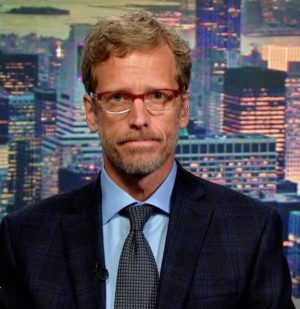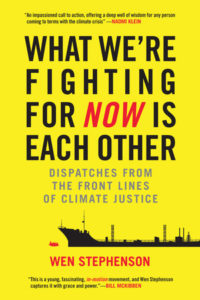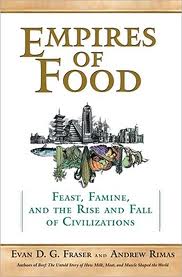Can we achieve healthy growth, the kind that is more regenerative than wasteful, more equitable than unjust?
Recorded 3/16/2021
GBH Forum Network VIDEO LINK
PER ESPEN STOKNES and L. HUNTER LOVINS believe they have the answers. Both are experts in the field, having written books that offer blueprints for an inspiring regenerative economy that avoids collapse and works for people and the planet.
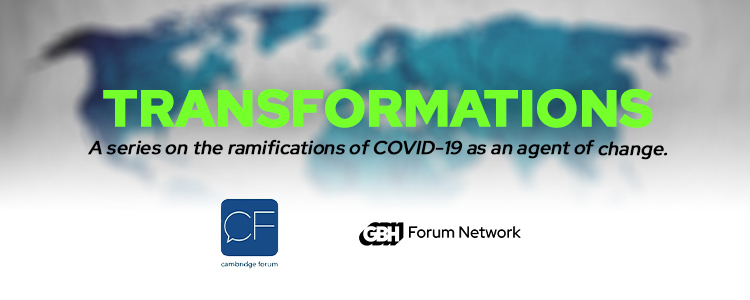
In her new book, A Finer Future, author L. Hunter Lovins asks: is the future one of global warming, 65 million migrants fleeing failed states, soaring inequality, and grid-locked politics? Or one of empowered entrepreneurs and innovators working towards social change, leveling the playing field, and building a world that works for everyone?
Her answer is that humanity has a chance – just barely – to thread the needle of sustainability and build a regenerative economy through a powerful combination of enlightened entrepreneurialism, regenerative economy, technology, and innovative policy.
Norwegian psychologist and economist Per Espen Stoknes, author of Tomorrow’s Economy, joins the conversation with recommendations for creating healthy, sustainable green growth.
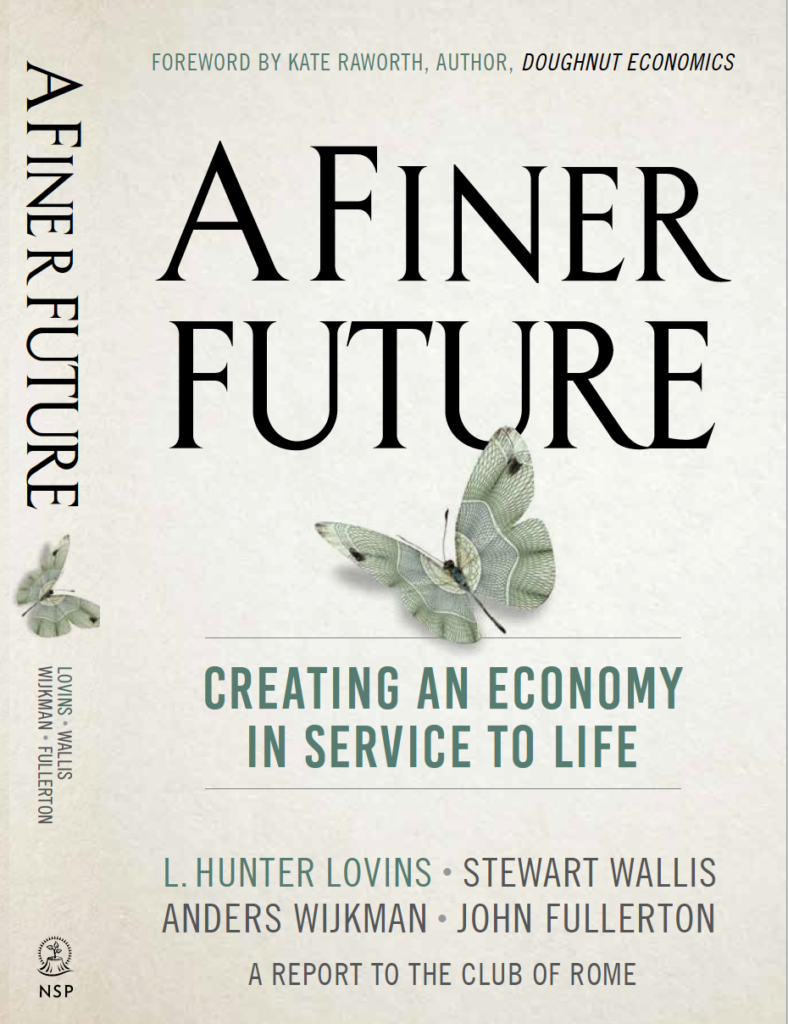
L. Hunter Lovins is President of Natural Capitalism Solutions, which helps companies, communities and countries implement more regenerative practices profitably.
Hunter has just written A Finer Future: Creating an Economy in Service to Life. which won a Nautilus Award. Time Magazine recognized her as a Millennium Hero for the Planet, and Newsweek called her the Green Business Icon.
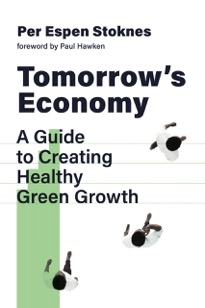
Per Espen Stoknes is a psychologist who now serves as director of the Centre for Sustainability and Energy at the Norwegian Business School in Oslo. In addition he has founded companies such as clean-tech GasPlas, and he is author Money & Soul (2009) and What We Think About When We Try Not To Think About Global Warming (2015).

